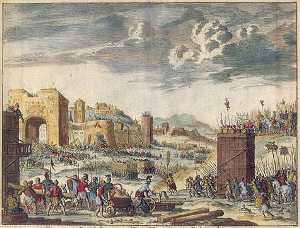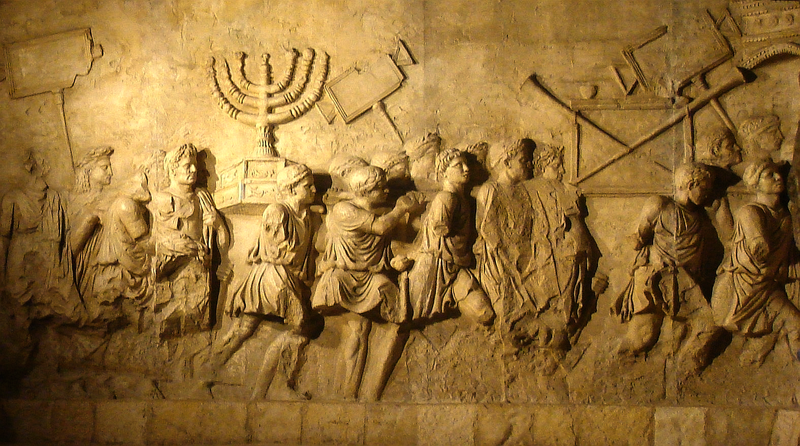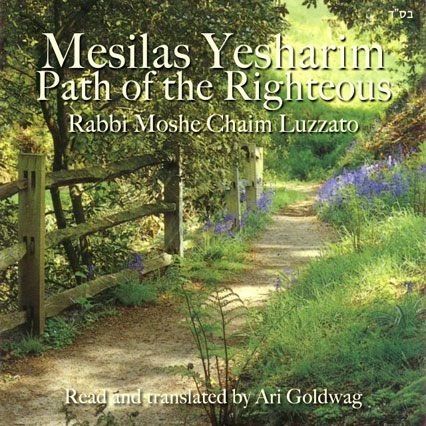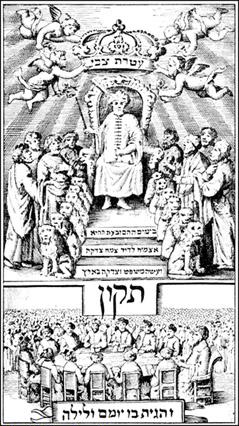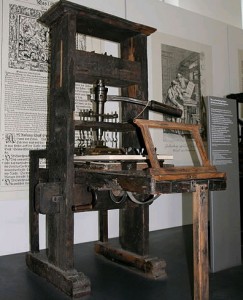
Until modern technology, the printing press was the single, greatest discovery in the history of the Western world. Its impact cannot be underestimated. It changed civilization. When Gutenberg’s bible was published in 1454 a new world opened. In effect, the world of the Middle Ages was ending and the modern world was being ushered in.
Among the changes wrought by the printing press was that it created a new area of Jewish law: copyright.
Until that time, there was no money to be made from a book. The number of copies created was always relatively small. However, the advent of the printing press necessitated questions about copyright, because the business owner who prepared the plates had a significant monetary interest in the endeavor. A book made in the hundreds or even thousands required the investment in paper (which still was not cheap in Europe) and binding. The publication of a major work required a major investment. And a printer would not undertake such an investment unless he was somehow guaranteed that he would have no competition in the sale of that item. That opened a new area in Jewish law: copyright law.
Interestingly, copyright law in Judaism predates copyright law in the Western world by a number of centuries. The first reference to it is in the early 1500s by the Maharam of Padua, Rabbi Meir ben Isaac Katzenellenbogen (1482–1565). There was a study that perhaps two out of every three Ashkenazic Jews are descended from him. There are many Katzenellenbogens in Israel and the United States today. Rabbi Meir ben Isaac Katzenellenbogen was an East European Jew who moved to Italy and became the Chief Rabbi of Padua. He was going to publish a corrected and annotated edition of the Mishnah Torah by Maimonides, which he had worked on for more than a decade. When he had it ready for print he made the best arrangement he could with one of the printers. The printer said, however, that he would not publish it unless the Maharam of Padua obtained for him exclusive rights.
In Jewish books today, especially in matters of Jewish law, there is something called a haskama, an approbation, i.e. a great rabbi has given his approval that the work contains worthwhile ideas. Many such approbations contain wording to the effect that since this book was published at such expense no one has the right to republish this book for “x” number of years without the permission of the author or printer. It usually was for seven years.
In the 18th century, one of the classic disputes between Jewish groups (the Hassidim and Mitnagdim) was over which Babylonian Talmud edition had the right to be published in Eastern Europe. Families would not marry into each other if they had the “unaccepted” Talmud in their houses.
The main vehicle of enforcing such a law in the Jewish world was through censure or even excommunication and/or having the author’s books banned. The threat of economic sanctions served as the main weapon against copyright infringement.
Today, copyright law has new variables such as printers on other sides of the world (international copyright law), which not only clouds the issue but makes it even harder to enforce. There always were people who violated it anyway with underground presses. Nevertheless, generally speaking that was how the law was enforced.

